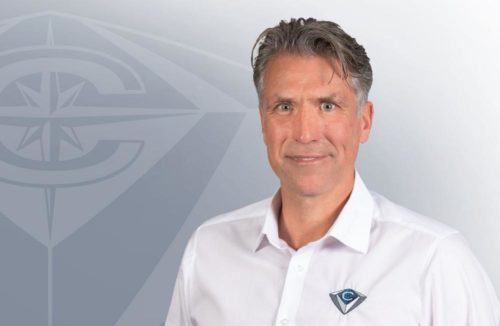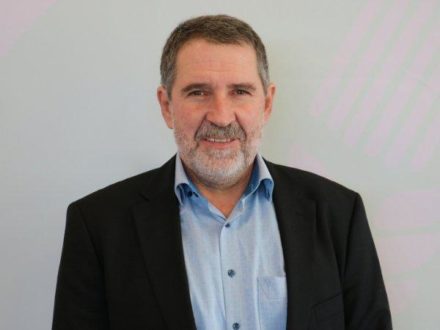The new China consensus: How Europe is growing wary of Beijing
In a new policy brief, Janka Oertel lays out the perceptions and priorities that will shape Europe’s approach to China in a world struggling to contend with the coronavirus. Based on case studies of Bulgaria, France, Italy, Poland, and Spain, it shows how EU member states are grappling with the inherent conflict between short-term economic gains and long-term dependencies in the intensifying geopolitical competition between the United States and China.
The main findings are:
- Since the onset of the covid-19 crisis, there has been a new convergence of EU member states’ assessment of the challenges China poses to Europe.
- The Sino-European economic relationship lacks reciprocity, and there are mounting concerns within the EU about China’s assertive approach abroad, as well as its breaches of international legal commitments and massive violations of human rights in Hong Kong and Xinjiang.
- Overall, there is growing scepticism about the future trajectory of the relationship, which provides an opportunity for a more robust and coherent EU policy on China.
- In its remaining months, the German Council presidency could use this momentum to create institutional structures to improve the EU’s capacity to act.
- In doing so, it will be crucial to ease concerns about Franco-German dominance of the China agenda – especially those of eastern and southern European countries – while enabling all member states to become more engaged in shaping the EU’s future approach to China.
The German Council presidency – which, even before the covid-19 pandemic, faced perhaps unrealistically high expectations on the China agenda – could use its remaining months to create institutional frameworks for a more powerful and coherent EU approach to the cooperative and competitive dimensions of engagement with the country. The need to do so has likely never been greater, but there have likely never been better conditions for enhancing the EU’s coherence in dealing with China.
About the author:
Janka Oertel is the director of the Asia programme at the European Council on Foreign Relations. She previously worked as a senior fellow in the Asia programme at the German Marshall Fund of the United States’ Berlin office, where she focused on transatlantic China policy, including on emerging technologies, Chinese foreign policy, and security in east Asia. She holds a PhD from the University of Jena. Her dissertation focused on Chinese policies within the United Nations. She was a visiting fellow at the German Institute for International and Security Affairs (SWP Berlin) and worked at United Nations Headquarters, New York, as a Carlo Schmid Fellow. She has published widely on topics related to EU-China relations, US-China relations, security in the Asia-Pacific region, Chinese foreign policy, and 5G.
The European Council on Foreign Relations (ECFR) is a pan-European think-tank that aims to conduct cutting-edge independent research in pursuit of a coherent, effective, and values-based European foreign policy. With a network of offices in seven European capitals, over 60 staff from more than 25 different countries and a team of associated researchers in the EU 27 member states, ECFR is uniquely placed to provide pan-European perspectives on the biggest strategic challenges and choices confronting Europeans today. ECFR is an independent charity and funded from a variety of sources. For more details, please visit: www.ecfr.eu.
The European Council on Foreign Relations does not take collective positions. This report, like all publications of the European Council on Foreign Relations, represents only the views of its author
European Council on Foreign Relations (ECFR)
Unter den Linden 17
10117 Berlin
Telefon: +49 (30) 32505100
http://www.ecfr.eu
E-Mail: marlene.riedel@ecfr.eu
Telefon: +49 (30) 3250510-27
E-Mail: communications@ecfr.eu
Communications Director
E-Mail: andreas.bock@ecfr.eu
![]()




